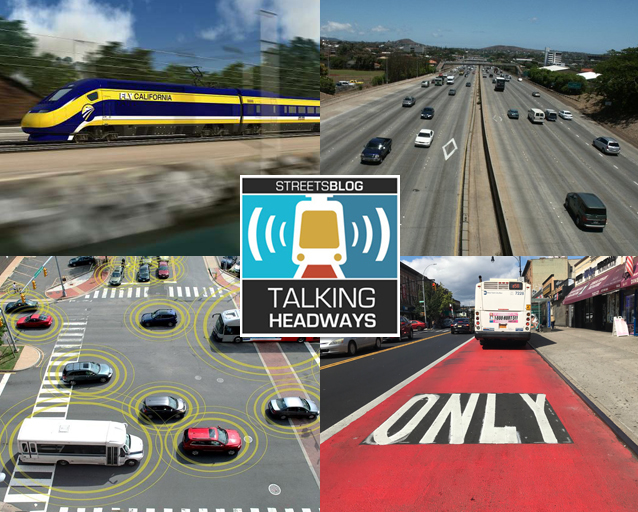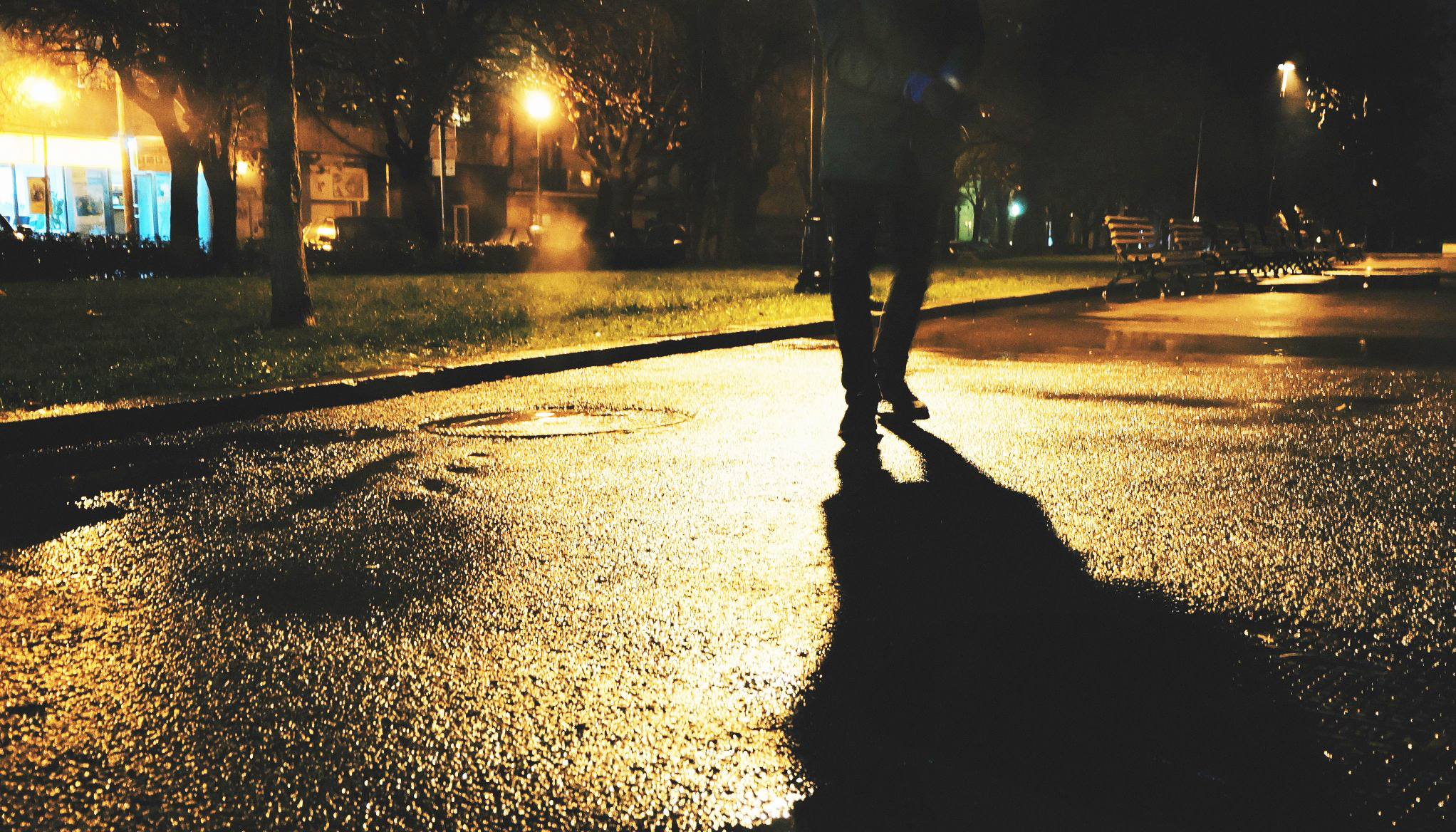Yonah Freemark, a senior research associate at the Urban Institute, chats about the effects of the pandemic on office work and makes predictions about next year’s transportation policies and projects.
For those of you who get your news through your eyes and not your ears, there’s an edited transcript below the audio player. If you want a full, unedited transcript (with some typos!), click here. If you want to listen, here you go:
Jeff Wood: Let’s pivot a little bit to federal transportation policy. You also released the report with Harriet Tregoning, "Next Generation, Place-based Federal Transportation Policy." What’s that report discuss? And why was it so important to put it together?
Yonah Freemark: You know, I think we have a problem in the United States of not being able to move past the approach we’ve taken to transportation policy, frankly, since the passage of the Interstate Highway Act in 1956, we just passed this really big infrastructure law, which had some positive elements, unquestionably. It increased funding for Amtrak, it includes a lot of money for energy upgrades for sustainability and for led pipe removal. Wonderful. But it also includes a significant number of dollars that are going to be distributed to states who are then going to spend the money on expanding highways, building new highways.
And we’ve already seen a number of states actually write letters to the Department of Transportation, telling them they essentially don’t want the hands of the U.S. federal government on their highway money. They want to be able to build as many high as they want. I think that Harriet and I were inspired by the sense of the lack of a transformative nature in the policy to suggest that we just need to, we just need to sort of throw it out. We need to throw out this approach to thinking about transportation as this siloed thing, where we just fund the status quo. We need to think about transportation with a new perspective, that’s focused on achieving equity and sustainability at the core, and then going out from there, what are we doing in our decision-making related to transportation, that’s going to achieve those outcomes.
And what we suggest actually is that No. 1, we need to be evaluating all our transportation projects against those, those attributes. Is your project going to increase equity and resolve climate change issues? Or is it going to make those worse? If it’s going to do the latter, then you know, why, why are we funding it? First of all, second of all, how are we making sure that projects actually are being produced in a creative way by communities that want to do something different that integrates transportation into broader thinking about housing, healthcare, parks, et cetera. I think we’re focusing on the idea that it’s possible to rethink our transportation investments, not just around the infrastructure itself, but rather around how we can use that infrastructure as a lever to then generate communities that integrate all those things together, affordable housing, access to healthcare, access to jobs and access to recreation.
So that’s what we’re trying to go for in this sort of position paper. I hope it’s inspiring to at least some people.
Wood: Why not everybody?
Freemark: Why not everybody?






